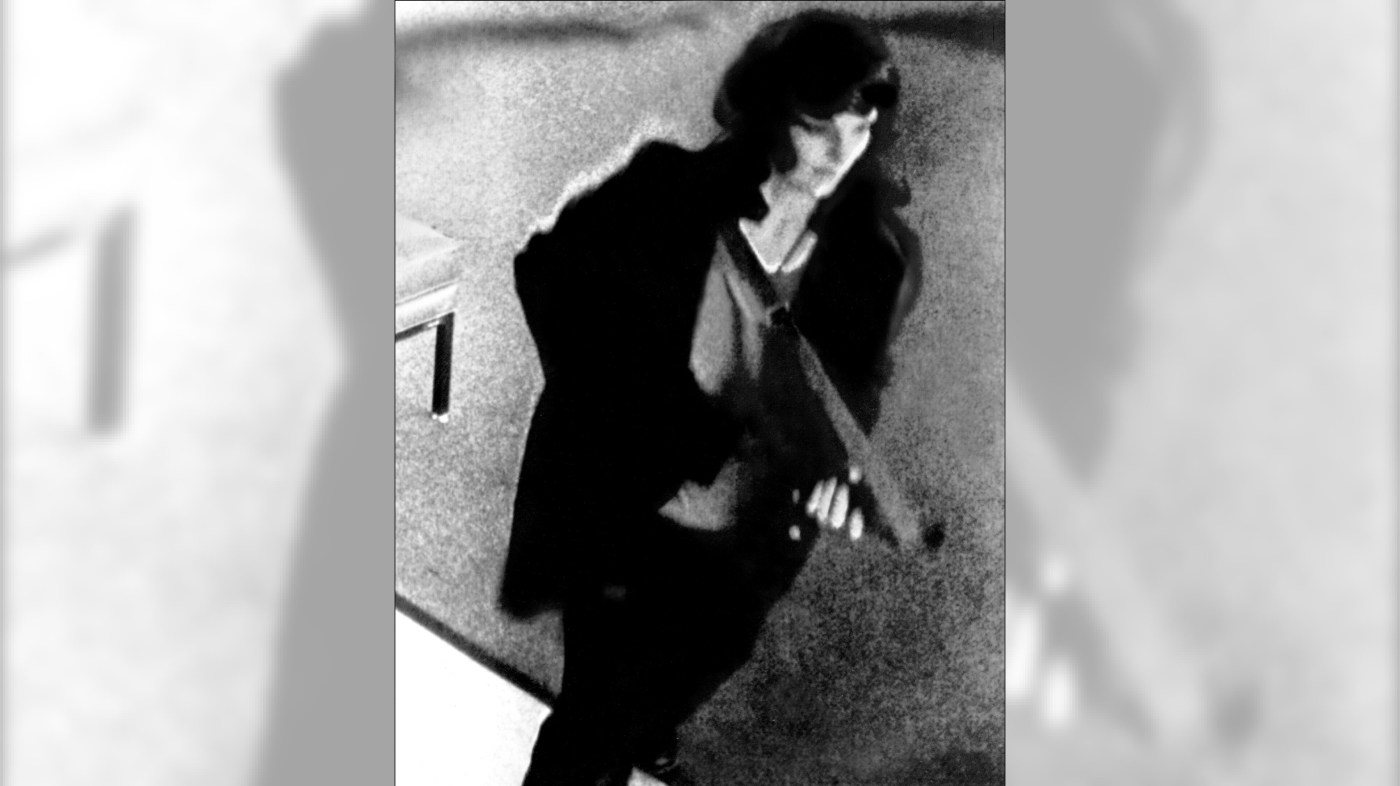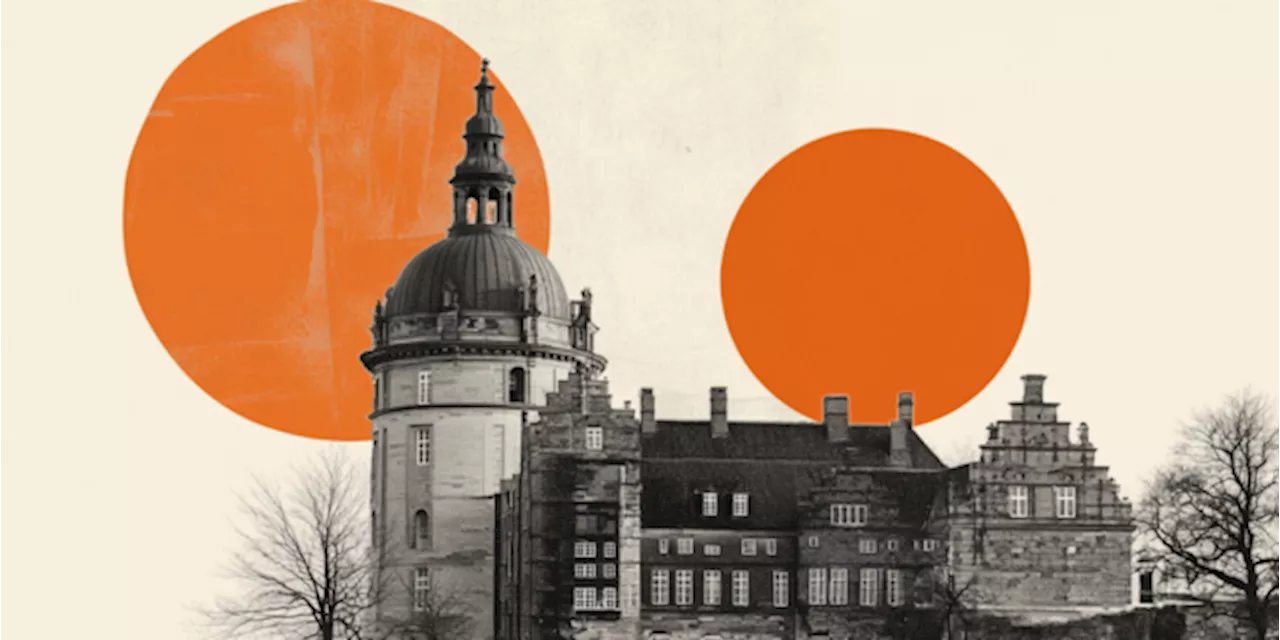
Andrew Mountbatten Windsor, the younger brother of King Charles III, is entering a form of internal exile at the king’s private estate in Sandringham, England. This move comes as a response to growing discontent from the British public regarding Andrew’s previous conduct and his continued presence in royal circles. The transition from the 30-room Royal Lodge at Windsor Castle to the more secluded Sandringham estate marks a significant shift in Andrew’s status within the royal family.
The decision to relocate Andrew to Sandringham underscores the increasing pressure on the royal family to distance themselves from controversies tied to his past. Following a series of scandals, including allegations of sexual misconduct, Andrew stepped back from royal duties in November 2019. His current exile is expected to further isolate him from public view, reflecting the royal family’s attempt to mitigate negative public sentiment.
At Sandringham, located in the eastern region of England, Andrew will be residing in a property that provides both privacy and distance from the scrutiny of the media and the public. This estate is known for its expansive grounds and exclusivity, offering a retreat from the challenges he has faced. The king’s decision to house his brother there signifies a protective measure, aimed at preserving the dignity of the royal family while addressing the public’s concerns.
The British public’s anger towards Andrew stems from a series of high-profile controversies that have overshadowed his royal lineage. His association with convicted sex offender Jeffrey Epstein has particularly drawn ire. The royal family has faced ongoing scrutiny regarding how it handles members involved in scandals, and this latest move appears to be an effort to quell the backlash.
In a statement, a royal spokesperson confirmed the relocation, emphasizing the family’s commitment to addressing public sentiment. “The decision reflects a desire for reflection and a new chapter for the Duke,” the spokesperson noted. While the king’s actions may aim to restore some semblance of public trust, it remains to be seen how effective this measure will be in the long term.
Andrew’s period of exile at Sandringham serves as a stark reminder of the challenges faced by the British royal family in navigating modern expectations and historical legacies. As he adjusts to life away from the public eye, the future of his role within the monarchy remains uncertain, with many questioning whether he can ever regain a semblance of his former position.
This development comes at a time when the royal family seeks to present a united front amid ongoing challenges. As the nation reflects on its monarchy’s relevance in contemporary society, Andrew’s internal exile symbolizes a significant moment in the evolving narrative of the British royal family.






